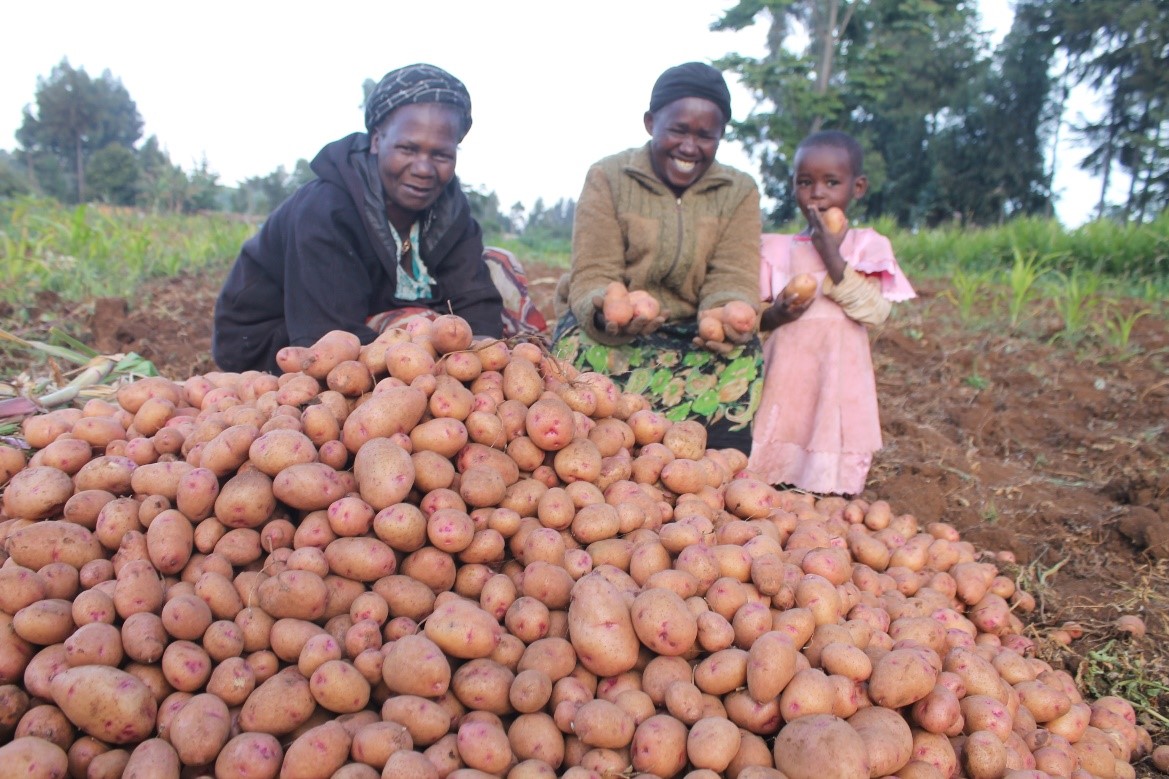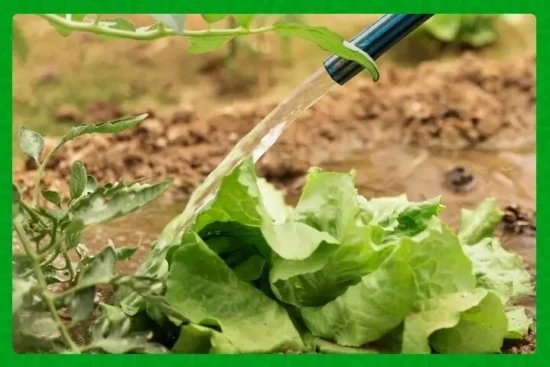
Kenya’s Nakuru County is home to more than 20,000 small-holder potato farmers, who are set to benefit from a range of programmes focused on climate-smart innovations and technologies. These initiatives are aimed at boosting potato production in the region for both domestic consumption and export purposes.
The county governor, Susan Kihika, has revealed that her administration is taking steps to equip agricultural extension officers working with small holder farmers with the necessary tools and knowledge to train the farmers on modern farming practices. The goal is to mitigate risks like drought, floods, climate-induced pests, and diseases that have been threatening farmers’ livelihoods for years.
Kihika also expressed her regret over the lack of certified seeds and poor marketing strategies, which have continued to hamper the lucrative potato trade in Nakuru County. She pointed out that the scarcity of certified potato seeds in Kenya has limited the crop’s production to seven tons per hectare against a potential of 40 tons.
Currently, there are about 20,000 farmers growing potatoes on more than 38,000 acres of land in Nakuru. The total production of assorted potato varieties grown in the area amounts to 160,000 tonnes.
During a tour of SimpliFine, a potato processing facility in the County, Ms Kihika urged farmers to purchase the right seeds to gain a competitive edge in the market. She emphasized that the quality of potato seeds is crucial since bad seeds lead to poor yields, which will not fetch good prices in the market.
As the second-largest producer of potatoes in Kenya, Nakuru County is keen on getting farmers to plant the right varieties for the market. To achieve this, the governor is forging public-private partnerships aimed at supporting farmers to access new markets, both domestically and internationally, which can provide them with better prices and more stable incomes.
Kihika also revealed that the county government will continue to focus on the development of agriculture and the creation of new opportunities for local farmers. Under her leadership, the devolved unit is supporting activities aligned with climate-smart innovations to ensure that farmers adopt practices and technologies geared towards cushioning them against the challenges they are facing.
The county is using various forums, including farmers’ field days, to disseminate information to farmers to address climate change challenges. The ultimate goal is to translate the information, knowledge, and new technologies into increased incomes for smallholder farmers and alleviate poverty.
Moreover, initiatives by the County government to improve potato farming are addressing the entire chain from soil testing, soil management, quality seeds, best husbandry, to marketing in addition to improved value addition, including starch and animal feed production. In Kenya, potatoes are the second most consumed staple food after maize.
Kenya’s potato production is impressive, with an average of 1.35 million tonnes of potatoes produced annually. The crop involves over 790,000 smallholder farmers, and it’s grown on about 123,000 hectares of land. The potato is grown by about 800,000 farmers spread across several counties, including Bomet, Bungoma, Elgeyo Marakwet, Kericho, Kiambu, Kirinyaga, Meru, Muranga, Nakuru, Narok, Nyandarua, Nyeri, Trans Nzoia, Uasin Gishu, and West Pokot.
With the various programmes aligned to climate-smart innovations and technologies, Nakuru County is set to experience tremendous growth in potato production, which will benefit the smallholder farmers and the economy at large.


















